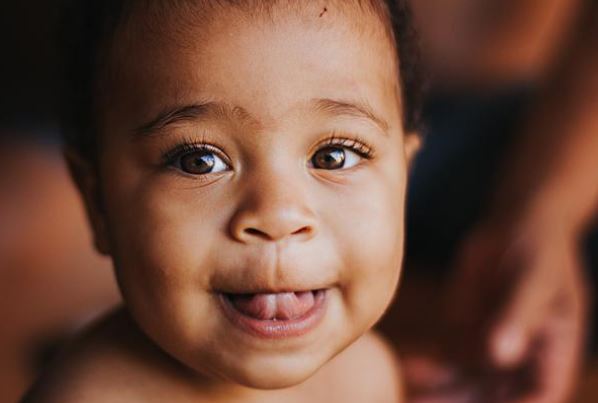Lifestyle
10 bizarre baby names that are banned around the world

While naming laws and regulations vary from country to country, many places have restrictions on baby names to prevent names that could be considered offensive, inappropriate, or detrimental to the child’s well-being.
Here are a few examples of bizarre baby names that are banned or restricted in various parts of the world:
1. Money: In Denmark the name ‘Monkey’ is not on the list of acceptable baby names. Well, good job!
2. Cyanide: In the United Kingdom, a couple was denied the right to name their child Cyanide due to its association with poison.
3. Lucifer: Several countries, including New Zealand and Germany, have banned the name Lucifer because of its association with the devil.
4. Anus: This name is banned in several countries, including Denmark and New Zealand, due to its potential for causing ridicule and embarrassment.
5. Nutella: In France, a court ruled against a couple who wanted to name their child Nutella, as it was seen as a brand name rather than an appropriate given name..
6. @: A couple in China attempted to name their child “@” as a symbol for “love him” when pronounced in Mandarin. However, the name was rejected by Chinese authorities.
7. Akuma (Japanese for “devil” or “demon”): In Japan, names that could be seen as negative or harmful are often discouraged or banned, including Akuma.
8. Adolf Hitler: Many countries, including Germany and New Zealand, have banned names that are associated with historical figures or events, particularly those with negative connotations like Adolf Hitler.
9. Messiah: In some places, like New Zealand and Tennessee (USA), the name Messiah has been banned due to religious sensitivities.
10. Chow Tow (Cantonese for “smelly head”): This name was banned in Malaysia as it could potentially subject the child to teasing and ridicule.
It’s important to note that naming regulations can change over time, and what’s considered “bizarre” or inappropriate can vary based on cultural and societal norms. Parents are generally required to follow naming laws and guidelines set by their country’s government authorities to ensure that the chosen name is suitable for the child’s well-being and societal integration.






